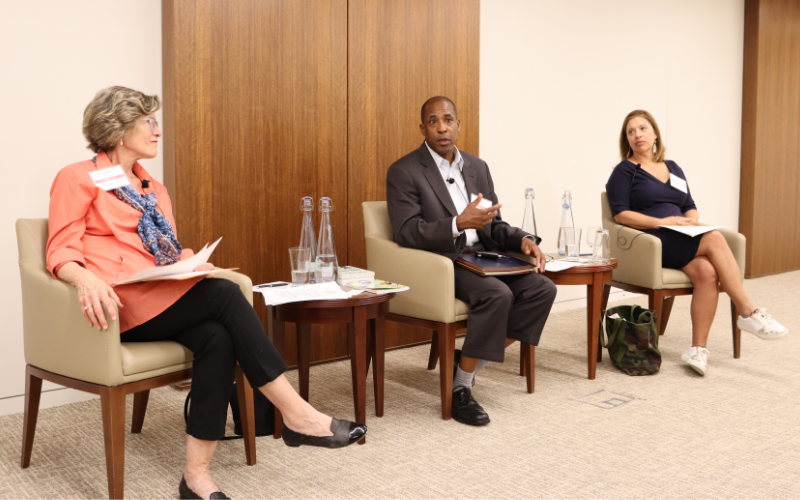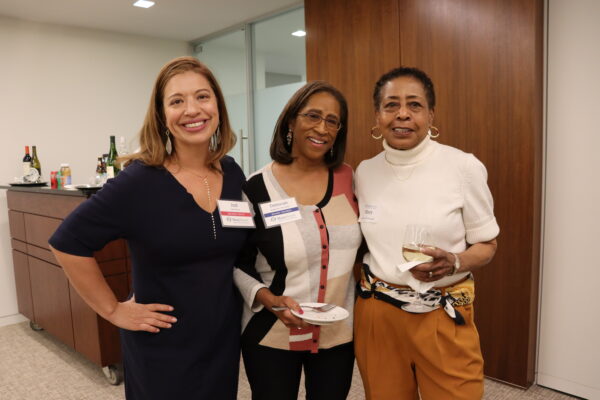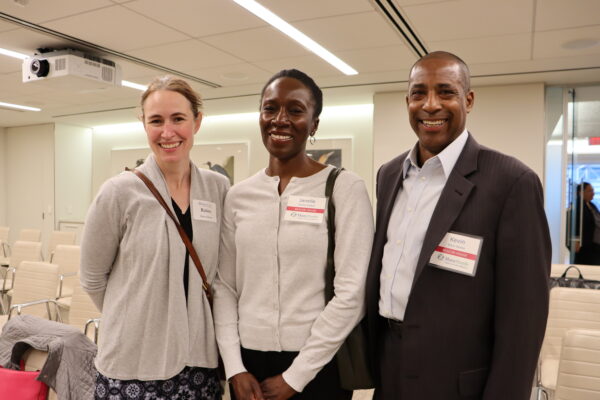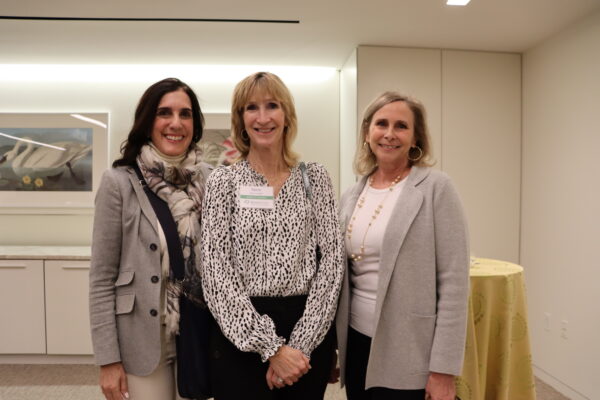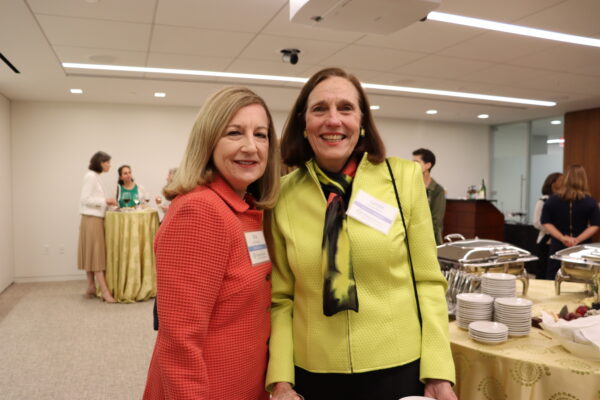On April 26, 2023, Many Hands hosted a panel discussion about the challenges experienced by youth and their families while schools were closed as a result of the pandemic, as well as the challenges they have faced since the reopening of the schools. The discussion featured Jodi Ovca, founder and executive director of Access Youth, an organization that offers in-school early intervention and prevention programs to at-risk youth in several Washington, DC middle and high schools to provide them with the skills, resources and support they need to stay in school and out of the juvenile justice system, and Kevin Hinton, CEO and executive director of Beacon House, an organization that offers afterschool and summer educational and athletic programs for youth ages 5-18 who reside in Edgewood Commons in Northeast DC. Many Hands member and former journalist Stephanie Nealer served as moderator.
The closing of DC schools and afterschool programs, as well as the general social isolation wrought by the pandemic, forced each organization to shift their programming online where feasible. Challenges faced by the organizations included obtaining needed contact information for students and their families and training their personnel to operate in an online mode. Several external factors, including the lack of access to devices or an Internet connection, mental health issues, food insecurity, and domestic violence, were significant impediments to student participation in an online environment. Despite these challenges, Access Youth was able to stay in touch with approximately 85% of its students. Beacon House achieved similar results and, owing to its long-term relationships with families in Edgewood Commons, was able to establish and maintain online engagement with parents and other family members as well. Both organizations reached out to families to provide them with information about other resources that were available to them, including tablets for students and food.
The reopening of schools and return to in-person programming presented a new set of challenges that continue today. Jodi noted that many students, teachers, and staff were initially afraid to go back into school buildings. Although improving, school attendance has yet to reach pre-pandemic levels. There is a shortage of teachers, and many teachers are experiencing significant stress. Students are behind academically and showing the effects of months spent without the daily in-person modeling of appropriate behaviors for dealing with stress. As a result, rates of truancy and suspension, fighting and bullying, drug use, and mental health challenges are much higher than pre-pandemic levels.
Similarly, Kevin noted that participation in Beacon House’s programs has yet to reach pre-pandemic levels. The students who have returned have been happy to do so, and students and staff feel safe being on the premises. Nonetheless, Kevin concurred with Jodi about the increase in mental health issues facing students and their families. In response, Beacon House is about to launch a website providing families with information about available mental health resources, in partnership with the Milken Institute School of Public Health at The George Washington University.
At the end of the discussion, both Jodi and Kevin were asked whether they feel hopeful about the current and future state of affairs. Both strongly confirmed their organizations’ commitment to serve DC youth and families and their belief that current challenges can be overcome and the positive impacts historically made by their organizations will rebound and grow.
Note: Access Youth received the Many Hands $100,000 Impact Grant in 2019. Beacon House received a Many Hands Partner Grant in 2022.
—Lori Sostowski


